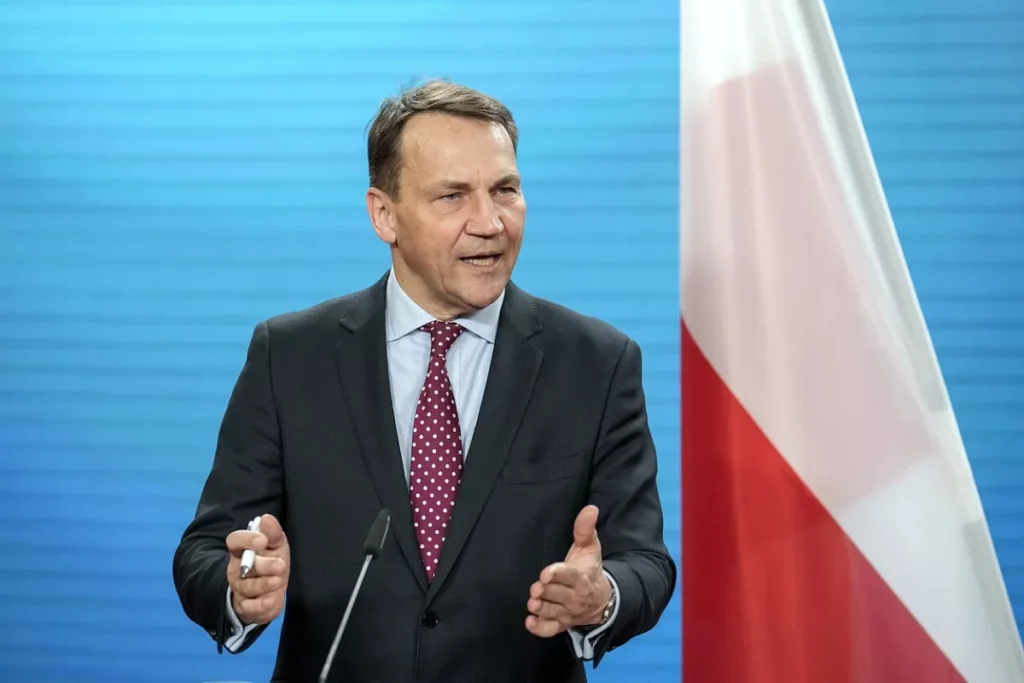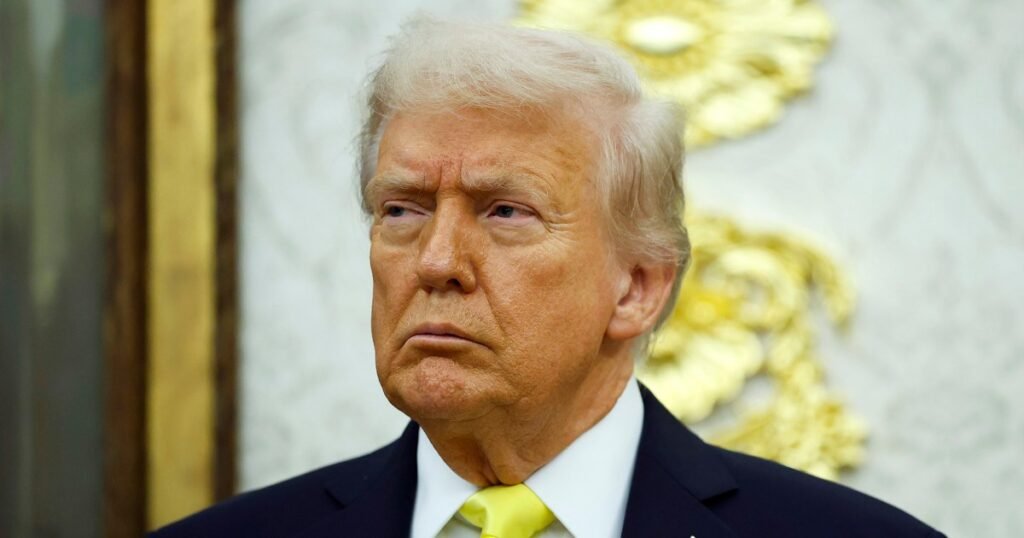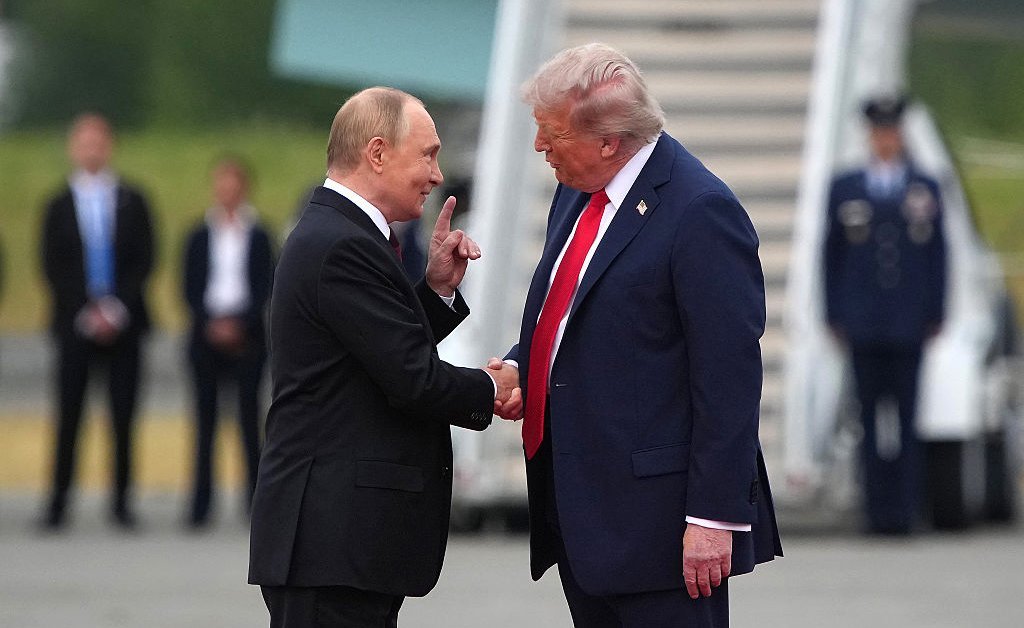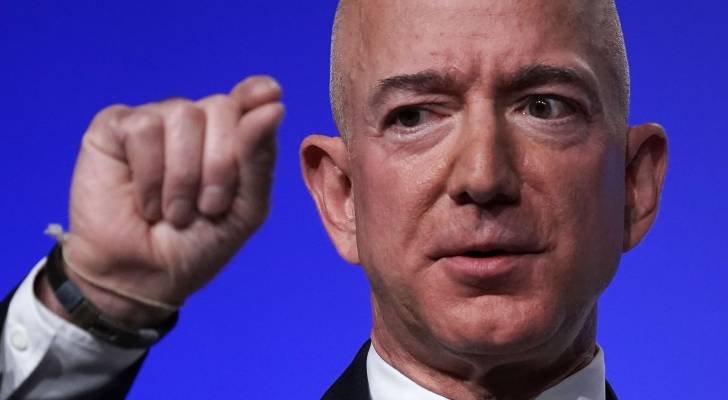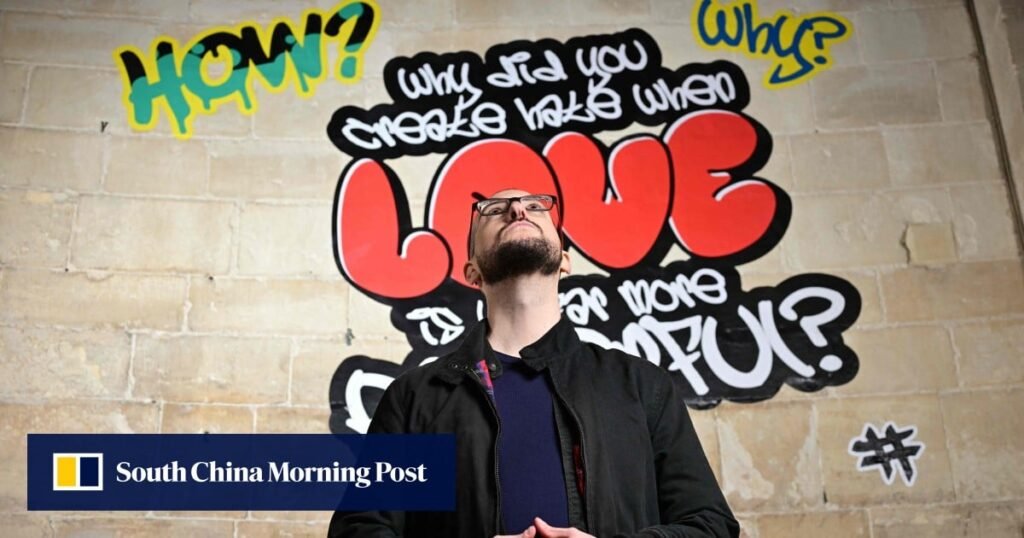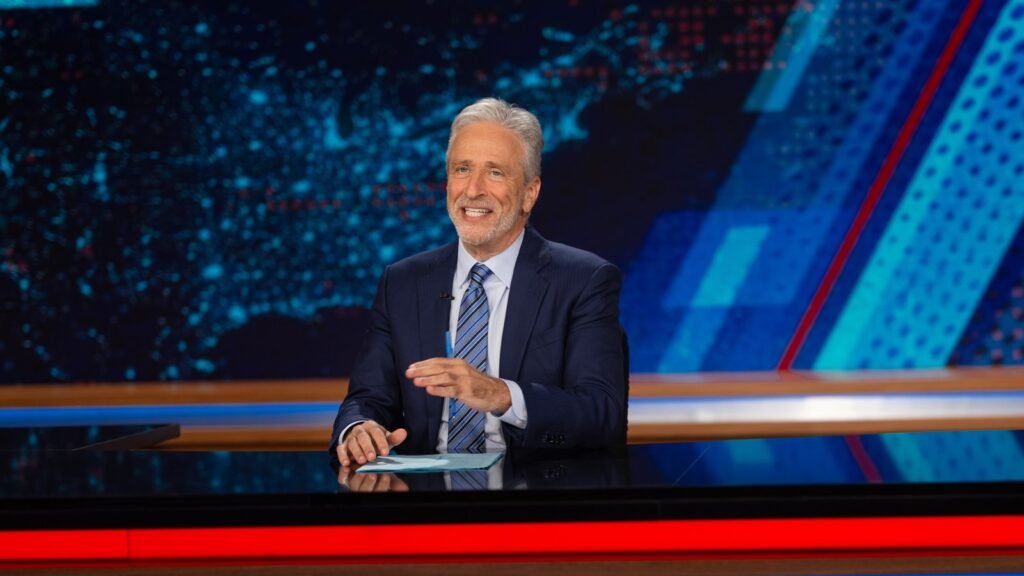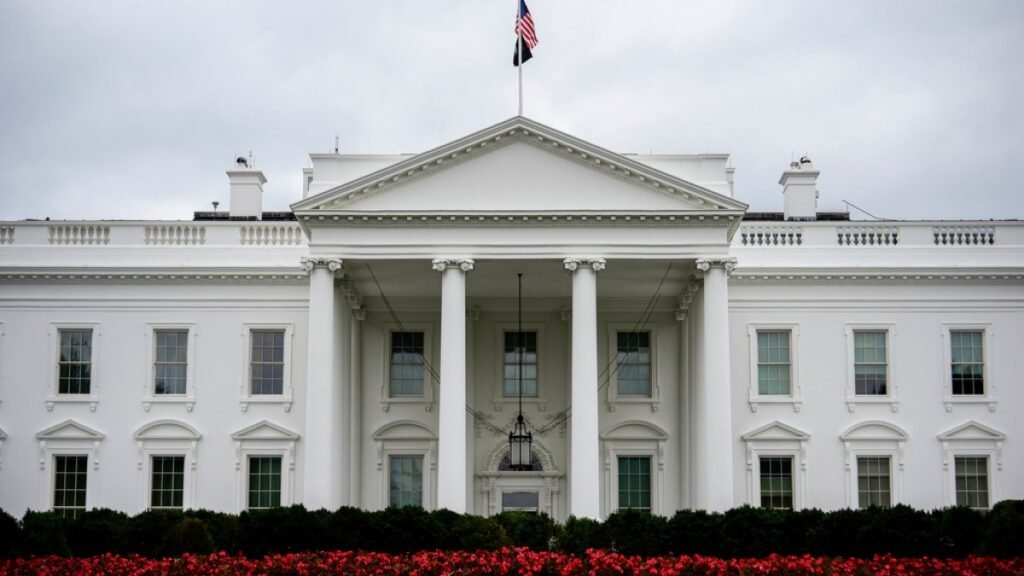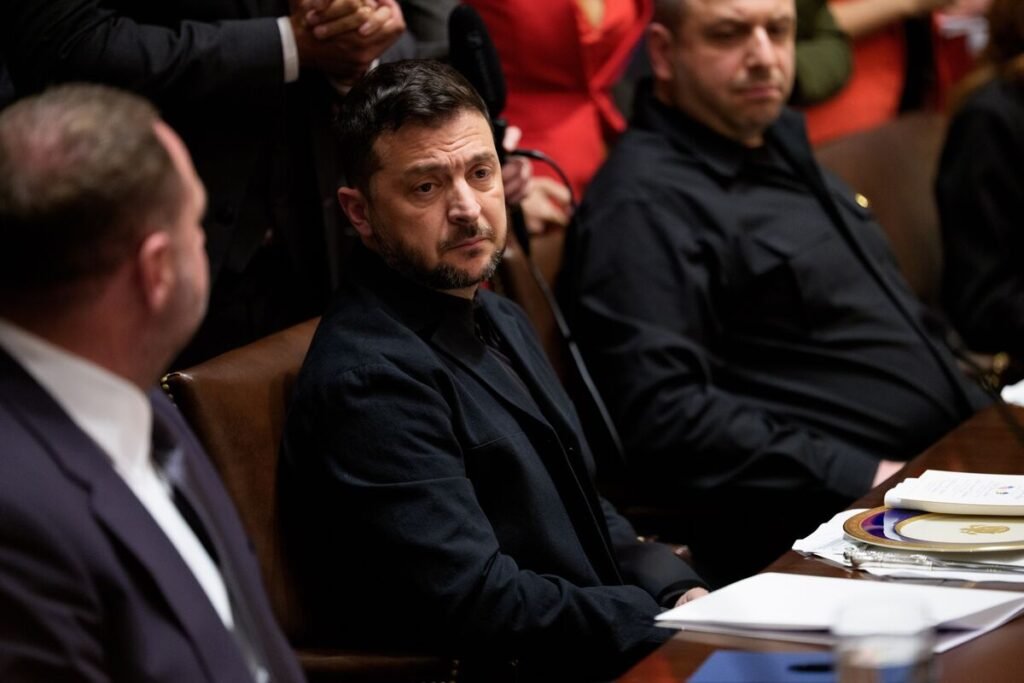This is the third of a four-piece series promoting ways Connecticut people can help overcome the political and social polarization dividing the United States. Here are Parts One and Two.
When I boarded an Amtrak train from Chicago to Washington, D.C. earlier this year, I carried with me a Chipotle bag, a heavy suitcase, and an even heavier question: Why do so many people still support President Donald Trump?

The morning after the 2024 election, my classmates at the University of Chicago had gathered in disbelief, but I was not surprised. Members of my family in Indiana had voted for him before, and the concerns I heard in rural towns last summer were not the same culture war issues dominating cable news. So I set out to the inauguration —not to endorse, but to listen.
On the train, I met Esther and Lester, retired therapists from Michigan. Esther told me she had been at the January 6 rally, so I tried to put away my own understanding of that day to be present to her worldview.
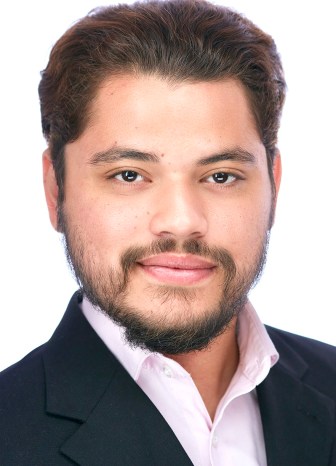
It turns out Esther’s world was thousands of miles in diameter. She and her husband had just returned from a trip to Indonesia to meet their newborn granddaughter. They proudly swiped through photos as they enthusiastically recalled hiking through the jungle with their son-in-law’s Indonesian family —even picking tropical fruits along the way. Their love for their granddaughter was undeniable, but so were their competing world views. They were staunch Trump supporters, but they also saw a world beyond MAGA that included their new Indonesian relatives.
This pattern repeated itself. A Mexican immigrant named Pedro admired Trump for “saying what he means.” An Army servicemember named Jackson spoke less about politics and more about faith and belonging. A retired executive from Nashville confessed she had once voted Democrat, but now placed her loyalty in Trump. What united them was not ideology so much as presence. They were warm, generous, and eager to connect if I was willing to suspend judgment and ask, “Where are you from? What brings you here?”
Our mainstream culture often reduces partisan rivals to caricatures. However, my experience underscored a simple truth: no one is only their vote. People carry with them stories, families, dreams, and wounds. To dismiss them as irredeemable is to shut the door on civic trust.
I caught a glimpse of how that trust can be rebuilt last year at Interfaith America, where I worked on the Evangelicals in a Diverse Democracy project, which tells a new story of how evangelicals might practice faith and neighborliness in a world beyond their control. Indeed, theologians like Marcus Borg, in The Heart of Christianity, invite us to see Christianity not as a rigid system of beliefs to be defended, but as a living tradition centered on transformation, relationships, and meaning. I have come to see civic life in the same way. Trust begins with presence. Listening, not to agree, but to understand, creates belonging. This is what keeps us from treating politics as a zero-sum game where our neighbors are enemies.
My commitment to open dialogue goes back to my senior year of high school in Stamford, when our AP U.S. Government and Politics teacher entrusted my class with running a school-wide mock election alongside the 2016 presidential race. Some classmates openly supported Donald Trump, yet their politics never fractured friendships. We could disagree without losing our sense of community.
Years later, as Student Body President at the University of Connecticut during the height of the Covid-19 pandemic and the divisive 2020 election, that lesson was tested. My peers were angry, isolated, and doubtful the university could hold us together. In response, I organized the nation’s first student-led conference on campus free expression and led the effort to adopt the Chicago Principles, a framework for protecting open dialogue. As a moderate Democrat myself, I felt a responsibility to show that free expression is not a partisan slogan but a civic discipline at the heart of American democracy.
That is the same practice I carry with me now in my family, at church, and in civic spaces: bridging divides not by shouting louder, but by listening longer. When I sit with someone whose views unsettle me, I think of Esther’s granddaughter, Jackson’s faith, or the students at my high school who showed up despite the tension. I remember that every person is more than their politics. That is what I am doing to bridge divides, and why I believe listening and belonging are not luxuries in this moment, but necessities for our democracy.
Michael Hernández is a student at the University of Chicago and a proud graduate of Stamford Public Schools. The public is invited to participate in a Braver Angels CT open Zoom session Oct. 23. REGISTER HERE.

